
According to studies, millions of people have developed an addicted reliance on marijuana, causing their everyday lives to be disturbed by symptoms such as restlessness, irritation, and a pang of uncontrollable hunger. Recent research discovered that cannabidiol essential oil, commonly known as CBD, the product’s non-intoxicating relative, can help individuals stop consuming marijuana.
What Is Cannabidiol Essential Oil
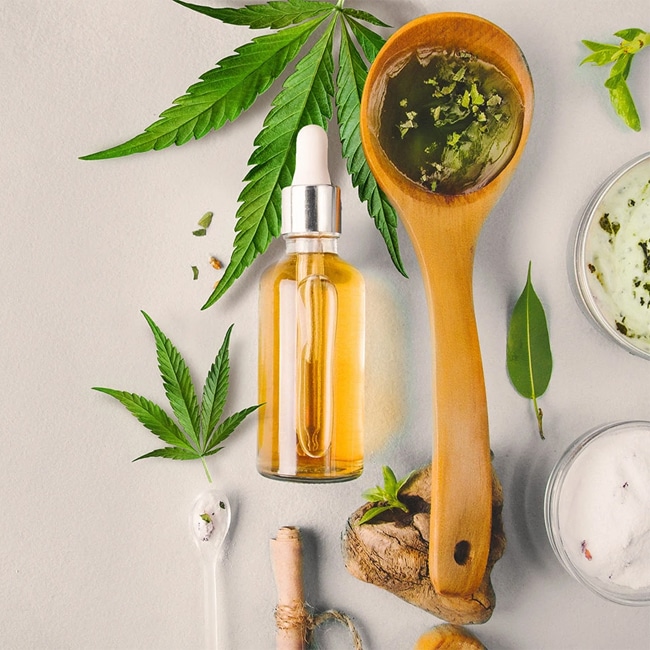
CBD is one of many cannabinoids (compounds) present in cannabis. Researchers have looked at CBD’s possible medical uses. THC and CBD are two compounds present in marijuana. These compounds have a wide range of effects.
Till recent times, THC was a very well element in cannabis. This is the most effective and has a psychological influence. It creates a thought “high” when consumed and used in cooking. This is because THC dissolves when heated and delivered into the body.
CBD, on the other hand, is not psychotropic. It does not affect a person’s mental condition when they use it. It may, meanwhile, cause major biological changes and is showing some important medicinal advantages.
Cannabidiol Essential Oil can be used to treat cannabis addiction
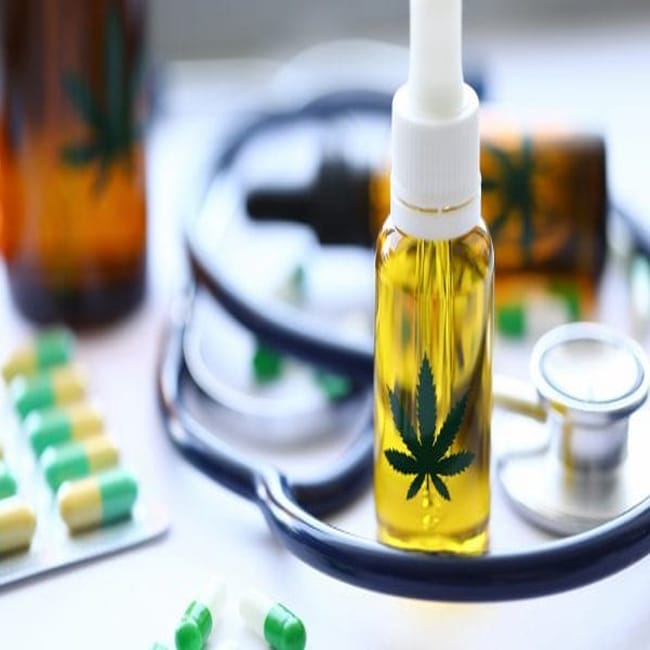
The exact pathophysiology of CBD is unknown. CBD, unlike THC, has a modest affinity for cannabinoid receptors in the brain. These are the molecules that THC attaches to in order to produce its euphoric effects. CBD, on the other hand, is considered to impact other receptors, such as opioid receptors that govern pain and glycine receptor sites that modulate the “feel-good” hormone and the neurotransmitter serotonin.
CBD essential oil supporters say that it can treat a broad range of health issues, including:
- Acne
- Anxiety
- Chronic discomfort
- Depression
- Addiction and withdrawal from drugs
- Epilepsy
- Glaucoma
- Blood pressure is too high.
- Insomnia
- Spasms of the muscles
As CBD becomes more popular, so is a study into it, although there are presently just a few clinical studies on the benefits of CBD essential oil. As a result, some of these statements are backed by more research than others.
A 2015 review of research published in Substance Abuse shows that CBD essential oil may help those who are addicted to drugs. The University of Montreal experts found that CBD showed promise in treating patients with opioid, cocaine, or psychostimulant addiction after reviewing 14 published research.
Unfortunately, the impact of CBD on each behavioral addiction differed greatly. In the instance of opiate addiction, for example, if coupled with THC, CBD had no impact on decreasing withdrawal effects. CBD, on the other side, seems to help decrease drug-seeking behavior in cocaine, methamphetamine, and other psychostimulant drug addicts by itself. CBD is also being proposed as a therapy for cannabis and nicotine addiction.
How Cannabidiol Oil Aids in the Cessation of Marijuana
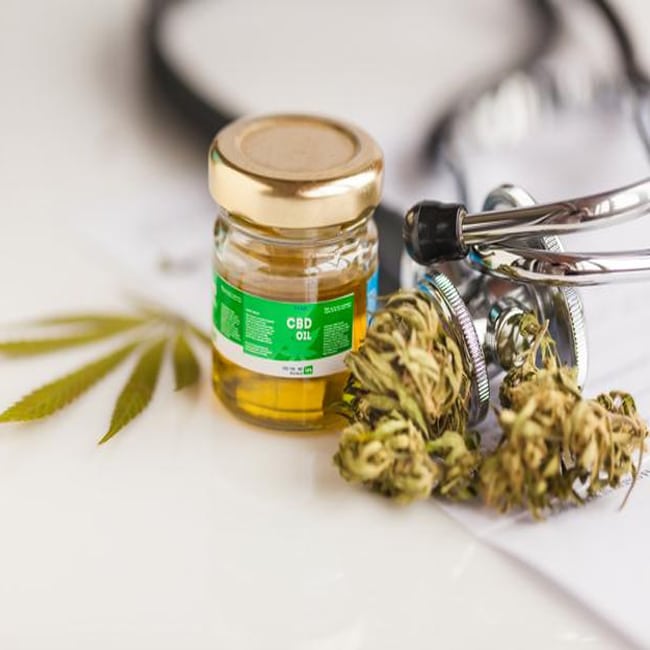
This study demonstrates the usage of cannabidiol (CBD) oil to reduce marijuana addiction while also providing anxiolytic and sleep effects. Marijuana addiction is a chronic, recurrent illness that is growing more common in the United States. The most common component in marijuana, tetrahydrocannabinol (THC), has been extensively researched and is well known for its intoxicating effects. CBD, the second most prevalent component, has been reported to have therapeutic benefits such as anxiety reduction, improved sleep, and other neuroprotective properties. CBD’s mode of action has been proposed to be antagonistic to THC’s psychoactive effects at a variety of sites across the central nervous system. Such conduct begs the issue as to whether taking CBD in solitude to aid in the withdrawal period following marijuana usage would be beneficial. The practical application of CBD for marijuana reductions has gotten limited attention.
Cannabidiol oil (CBD) is a naturally occurring component of industrial hemp and marijuana, both of which are referred to as cannabis. CBD oil, one of at least 85 cannabinoid chemicals contained in cannabis, is well-known for its therapeutic properties. CBD is the second most prevalent component in cannabis after tetrahydrocannabinol (THC), which is the most abundant compound. CBD oil is sometimes called CBD-rich hemp oil, CBD-derived hemp oil, or CBD-rich cannabis oil. CBD is widely regarded as safe and has been used medicinally for decades. CBD has been proposed to have therapeutic effects such as reducing anxiety, increasing sleep, and giving other neuroprotective properties.
THC is a cannabinoid that causes the euphoric sedative effect. Depending on the plant species, different marijuana plants can have different quantities of CBD and THC, resulting in a variety of leisure or medical applications. The cannabinoid status of industrial hemp or medical marijuana is great for people seeking the medical benefits of CBD without the high of THC. CDB’s method of activity has already been hypothesized to be opposing THC’s psychoactive characteristics in numerous sites across the central nervous system, assisting in the reduction of THC’s psychoactive behaviors.
CBD has several mechanisms of action. CB1 and CB2 receptors are known to exist in the human body. The CB1 receptors are mostly found in the brain and govern neuronal excitability in a way that avoids excessive neuronal activity, thereby relaxing and lowering anxiety; lowers pain; helps regulate; regulates movement and orientation and performance; and controls sensory perception, memory, and cognitive ability.
Anandamide, a naturally occurring endogenous ligand, binds to the CB1 receptors via the G-protein coupling system. CBD acts on the CB1 receptors indirectly by preventing the enzymatic failure of anandamide, enabling it to remain in the system for a long time and provide its medicinal value. CBD has a minor effect on CB2 receptors, which are found on the outskirts of lymphatic tissue. CBD mediates the release of cytokines from immune cells, which aids in the reduction of inflammation and pain.
Although research has demonstrated that CBD has calming, anti-inflammatory, and relaxing effects, clinical data confirming CBD’s usefulness in aiding marijuana withdrawal is lacking. The current case study adds to the growing body of evidence that CBD may be used safely to weening oneself off marijuana without suffering adverse side effects.
Cannabidiol Essential Oil’s Effects
CBD is one of about 100 chemicals present in marijuana known as cannabinoids. Cannabinoids are found in a wide range of plants because they are most frequently associated with cannabis. CBD doesn’t really create a euphoric “high,” unlike most other cannabinoids including tetrahydrocannabinol (THC). This is because CBD does not affect the very same mechanisms as THC.
The human body contains an endocannabinoid system (ECS), which gathers and interprets cannabinoid information. It generates its cannabinoids, which are known as endocannabinoids. The ECS regulates rest, immune response responses, and pains.
THC enters the bloodstream and causes a “high” feeling via interacting with the brain’s endocannabinoid receptors. This triggers the brain’s reward system, resulting in the release of pleasure compounds such as dopamine.
Cannabidiol Essential Oil: 5 Advantages
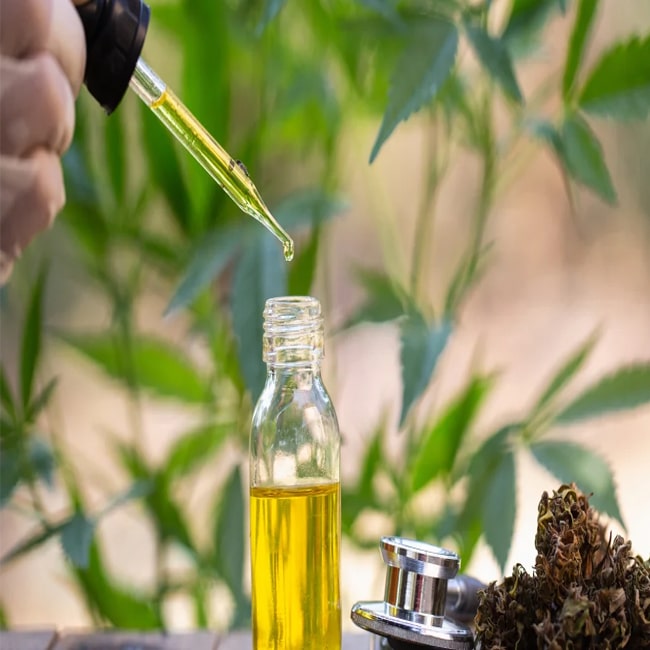
Cannabidiol is a very well-organic therapy for a wide range of ailments. CBD, or cannabidiol, is among over 100 active compounds found in the Cannabis sativa plant known as cannabinoids. Tetrahydrocannabinol (THC) is the major psychoactive cannabinoid found in cannabis, and it is responsible for the “high” sensation related to marijuana. CBD, on the other hand, does not produce a psychoactive effect in the same way that THC does.
Because of this characteristic, CBD is an attractive choice for those seeking pain control and other conditions even without the consciousness effects of cannabis or other prescription medicines. It’s getting popular in the healthcare marketplace, with some academic research indicating that it can help with symptoms of diseases including severe emotional distress.
1. Could Help with Anxiety and Depression
Anxiety and depression are two prevalent mental health issues that can have serious consequences for one’s health and well-being. Depression is the biggest common cause of death worldwide, according to the World Health Organization, with mental illnesses ranked sixth.
CBD oil has shown potential as a therapy for both depression and anxiety, piqued the attention of many people who suffer from both diseases. A placebo, a 150-mg CBD dosage, and a 600-mg CBD dose had little to no impact on anxiety. CBD oil has even been used to treat sleeplessness and anxiety in youngsters suffering from post-traumatic stress disorder safely.
2. Cancer-Related Symptoms Can Be Alleviated
CBD essential oil may help to alleviate cancer-related symptoms as well as cancer-related side effects like nausea, vomiting, and discomfort. When compared to people who received only THC extract, some who obtained an extract comprising two elements had a significant pain reduction. CBD may also aid in the reduction of systemic treatment nausea and vomiting, which appear to be two of the most prevalent chemotherapy-related side effects in cancer patients.
A one-to-one combination of CBD and THC delivered by mouth spray decreased chemotherapy-related nausea and vomiting more than conventional treatment alone, according to a study of 16 patients receiving chemotherapy.
3. Acne may be reduced
Acne is a prevalent skin disease affecting more than 9% of the population. It is believed to be due to a variety of fact
Grace is a certified aromatherapist that has studied the art and science of using naturally extracted elements from plants to promote health and heal the mind, body and spirit.






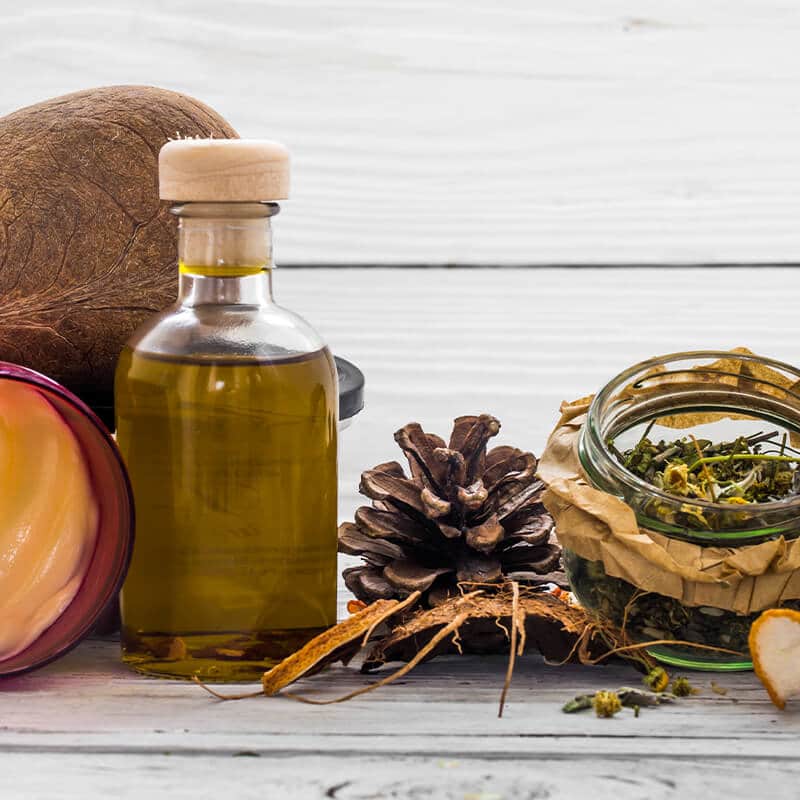



Sorry, the comment form is closed at this time.